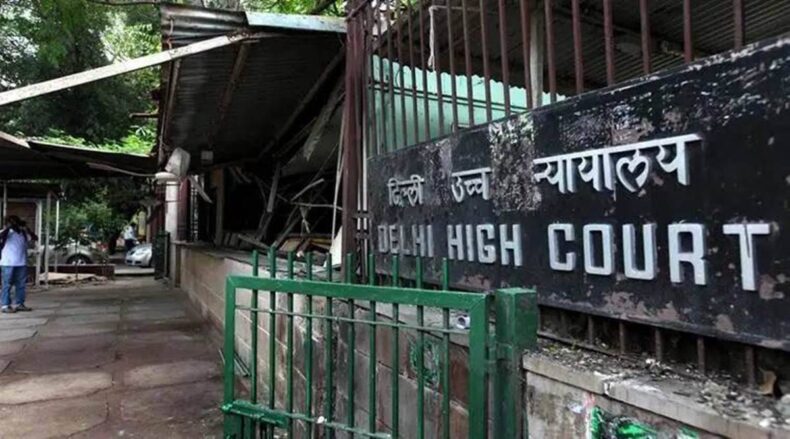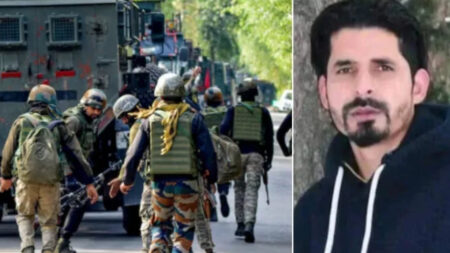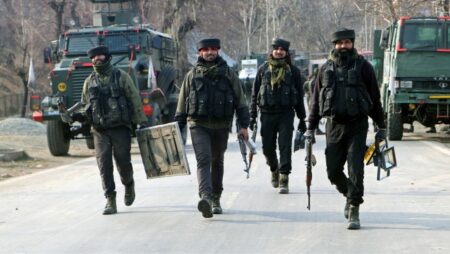On the legal protection for marital rape, Delhi High Court justices Justice Shakdher and C. Hari Shankar drew a mixed decision. The victims will now seek the Supreme Court for a definitive decision on whether marital rape is a chargeable act under the exception of IPC Section 375(2). This exemption is being challenged in a number of petitions in Delhi high court.
Justice Shakdher’s opinion
The Delhi High Court’s justice Rajiv Shakdher, who voted in favour of knocking down the marital rape exemption, has stated that striking down the marital rape exception would be a mistake.
“The fact that the rapist is the victim’s husband does not make the crime of sexual assault any less damaging, demeaning, or dehumanizing,” Justice Shakdher ruled.
“Consensual sex is the foundation of a healthy and happy marriage relationship,” he added. In today’s world, non-consensual sex in marriage is the contrary of what matrimony stands for: a bond of equals.”
Justice C. Hari Shankar’s opinion
Justice Harishankar said that Just as every occurrence of one person taking the life of another is not murder,” he stated, “non-consensual intercourse between a man and a woman is not rape, no matter how much-experienced Counsel for the petitioners would wish it to be.

‘NON-CONSENSUAL SEX NOT ALWAYS RAPE’
History
In 1870, drafted the Indian penal code. IPC sections 3, 7, and 5 were used to write the explanation for rape. Rape is exempted under IPC Section 375 clause 2. If the woman is over the age of 18, sex with her husband without her consent is not considered rape.
Questions are raised about a defined 15-year-old lady having sex without her husband’s consent. Domestic abuse is a crime under Section 498 of the IPC. In Indian law, any act of questioning or lowering the dignity of women, whether verbal or physical, is considered a serious offense.
The Soviet issued a landmark judgment in 1922 about cases of sex without consent in marriage. Poland was the first country to make marital rape a criminal crime in 1992.
It was proclaimed illegal in about 50 different areas across America between 1970 and 1993. The European parliament added a category to the same in 1986. Nepal changed it from an exemption to an offense in 2002.
There are laws specific to occurrences of marital rape in around 77 nations throughout the world. Marital rape is still not punishable in 34 nations, including India. Many incidents compelled Indian law to reconsider the exception under clause 2.
In August 2021, two Indian High Courts delivered judgments in situations of marital rape. One is the judgment of the Kerala High Court, which indicates that filing for divorce should be considered because marital rape is not a criminal act. The accused was released when the Chhattisgarh High Court ruled that marital rape was not a crime.
Arguments
Under Indian law, beating women by her husbands or in-laws is considered a form of punishment, but non-consensual sex is not.
If this conduct is classified as marital rape, it will have an impact on India’s regular social order and family growth.
Family ties and the social structure are preserved in Indian culture, as is the institution of marriage, which we all respect to this day.
We’ve all heard the phrase “If the issue spreads, it will go far.” Questioning India’s current social order is directly relative to reaching this point.Our social structure will crumble this way.
On the contrary, if this exception under IPC Section 375 is abolished, the number of false rape charges would rise. The desire to protect man’s rights will force the Indian legal system to add another provision, but the basic issue will stay the same.
NFHS Survey
According to the 5th survey of the National Family Health Survey (NFHS), 24% of the women in India are victims faced Domestic violence and sexual assault. Even most of the rape is done by the known family member of the victims. Considering this and the social norms, many cases are never registered. According to the 2019-2020 survey of NFHS, 67% of the males of Punjab consider forceful intercourse with their wives to be their right.
Published By- AMRITA SANDHU













